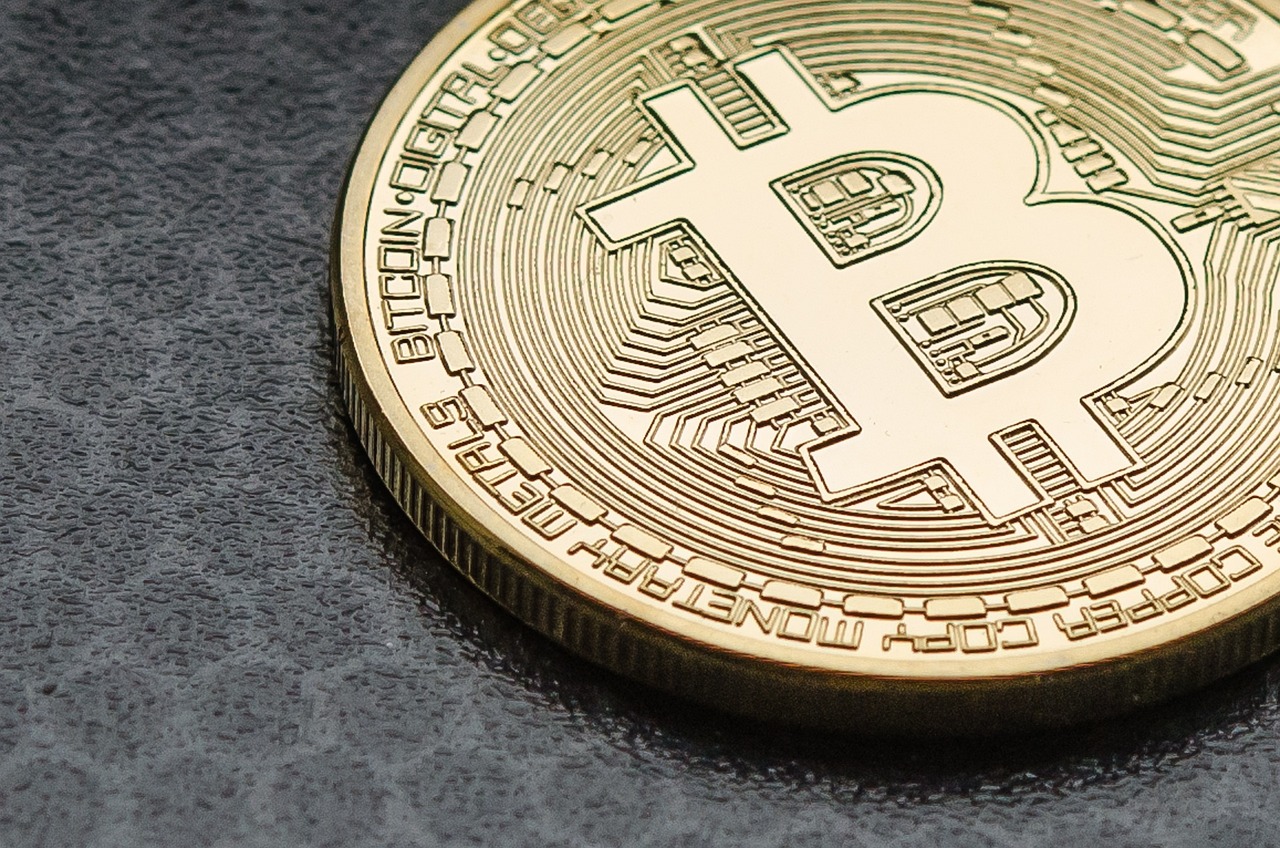Bitcoin is currently hitting consecutive all-time highs. Despite this positive market momentum, it’s crucial to take criticisms seriously. Recently, the ECB Economists Ulrich Bindseil and Jürgen Schaaf published a paper on the distributional effects of Bitcoin that received massive attention – and concluded that Bitcoin can even endanger democracy. While one could observe reactions from traditional economists that agreed with the key findings of the paper, the Bitcoin space was full of criticism. As a curious economist who recognizes Bitcoin’s value while aiming to maintain analytical objectivity, I would like to unpack this debate in this article.
Key findings of the paper by ECB Economists Bindseil and Schaaf
The authors set up a simple mathematical model and conclude the following: Early Bitcoin adopters accumulate wealth through Bitcoin price increases. With this wealth they increase their consumption – at the expense of latecomers and non-holders. So, generally the authors argue that a substantial redistribution of wealth is taking place that is unfavorable for latecomers and non-holders.
How do the authors get there? The key assumption from the authors is that “Bitcoin does not increase the productive potential of the economy”. The authors argue that “Bitcoin lacks the traits of established financial assets. It does not generate any cash flow (like real estate), interest (like bonds) or dividends (like stocks), cannot be used productively (like commodities).” According to the authors, Bitcoin doesn’t have or create value and its price is solely driven by speculation. In their words: „Bitcoin takes its value only from a collective self-fulfilling belief of an increased valuation.“ This argument follows the so-called “greater fool theory”: They argue that people only hold Bitcoin because they believe that – in the future – they can sell their Bitcoin at a higher price to “a greater fool”. Following this logic, every euro invested in Bitcoin goes at the expense of more productive uses, like earning interest on a „productive“ asset or investing in human capital. From there, it’s straightforward to follow the conclusion by the authors that non-coiners and latecomers should oppose Bitcoin and support legislation to either prevent its price rise or eliminate it altogether.
Why the sole focus on Bitcoin’s productive use is misleading
Let’s unpack this argumentation and start on how the price of an asset is determined. The price of an asset is typically determined by supply and demand. Where the supply of an asset matches its demand, a positive price results. But a positive price does not automatically imply a positive value. A positive value results if the demand is not solely driven by speculation but by fundamental reasons. As Bindseil and Schaaf argue that Bitcoin’s sole purpose is speculation, the long-term price should then also be zero – and for conclusion its scarcity does not matter. And here, our perspective differs.
Yes, a lot of Bitcoin’s activity is driven by speculation. However, if one solely focuses on its speculative use, two dimensions are missing.
- First, Bitcoin can be used for real economic use cases. It is a decentralized database that can e.g. be used to timestamp digital documents or to issue digital assets. This gives Bitcoin a positive intrinsic value – similar to industrial use of gold that gives gold a positive intrinsic value. In the jargon of the authors, this is what we would call “productive use” of Bitcoin. Of course, as the Bitcoin network is still a relatively new infrastructure, the real world use cases are today rather small.
- Secondly, and more important than the first, Bitcoin can be used as a means of payment as well as store of value. Bitcoin is the first asset in history that is decentralized, digital and scarce, at the same time. It is characterized by divisibility, transportability, durability, and fungibility, which give Bitcoin great prerequisites for a means of payment and store of value. These features give assets a so-called “monetary premium”. This is for example why the value and price of gold is so much higher than its fair value, e.g., around its industrial use. Such a premium typically emerges over time as trust is being built. For gold it took thousands of years to fully emerge. So, we need to be patient with Bitcoin.
But let’s turn from theory to practice: As a store of value, Bitcoin’s risk and return drivers are unique due to its global, decentralized, censorship-resistant fixed-supply design. These characteristics make it increasingly attractive as a safety option during uncertain times – with low correlation to traditional assets. This is also one reason why the world’s largest asset manager Blackrock is now so interested in Bitcoin – and why the Bitcoin exchange traded funds (ETFs) are the most successful ETF category ever launched.
On the payments side, Bitcoin lets people transact without middlemen in a completely permissionless way. On the one hand, we see Bitcoin as an emergency payment system one can use 24/7 when regular payment providers are unavailable or unwilling to let somebody participate. On the other hand, through the Bitcoin Lightning Network, one can send funds globally in real-time super cheaply, with low barriers to entry in developing economies. We often overlook this use case from our Western perspective. Another reason for a monetary premium.
Bitcoin is not the end of democracy
How does this relate to the paper? While the arguments of Bindseil and Schaaf are straightforward for supporters of the “greater fool theory” it, firstly, puts too little focus on Bitcoins real world use – it’s “productive use”. Secondly, and more importantly, it lacks a discussion on the monetary premium that Bitcoin deserves. Adding these two aspects to the consideration, a positive value of Bitcoin energies – and a conclusion that Bitcoin does not endanger democracy. On the contrary: A means of payment and store of value that has a very low barrier of access and use can even democratize access to the financial system. And this is what Satoshi Nakamoto initially had in mind with setting up Bitcoin in 2009.
About the author
As Co-founder and Chairman of the Digital Euro Association and Chief Operating Officer at etonec, Dr. Jonas Gross guides central banks and private-sector companies in developing impactful digital currency solutions. He is also Co-founder and CEO of Hakata, a company bridging digital identities globally between the payments and digital assets domains.
Holding a Ph.D. in economics and drawing from extensive industry expertise, Jonas is a recognized thought leader in central bank digital currencies, stablecoins, and crypto assets. He shares his insights as co-host of the „Bitcoin, Fiat, & Rock’n‘ Roll“ podcast, guest lecturer at the Frankfurt School of Finance and Management as well as Technical University Munich (TUM), and expert panel member of the European Blockchain Observatory and Forum.


